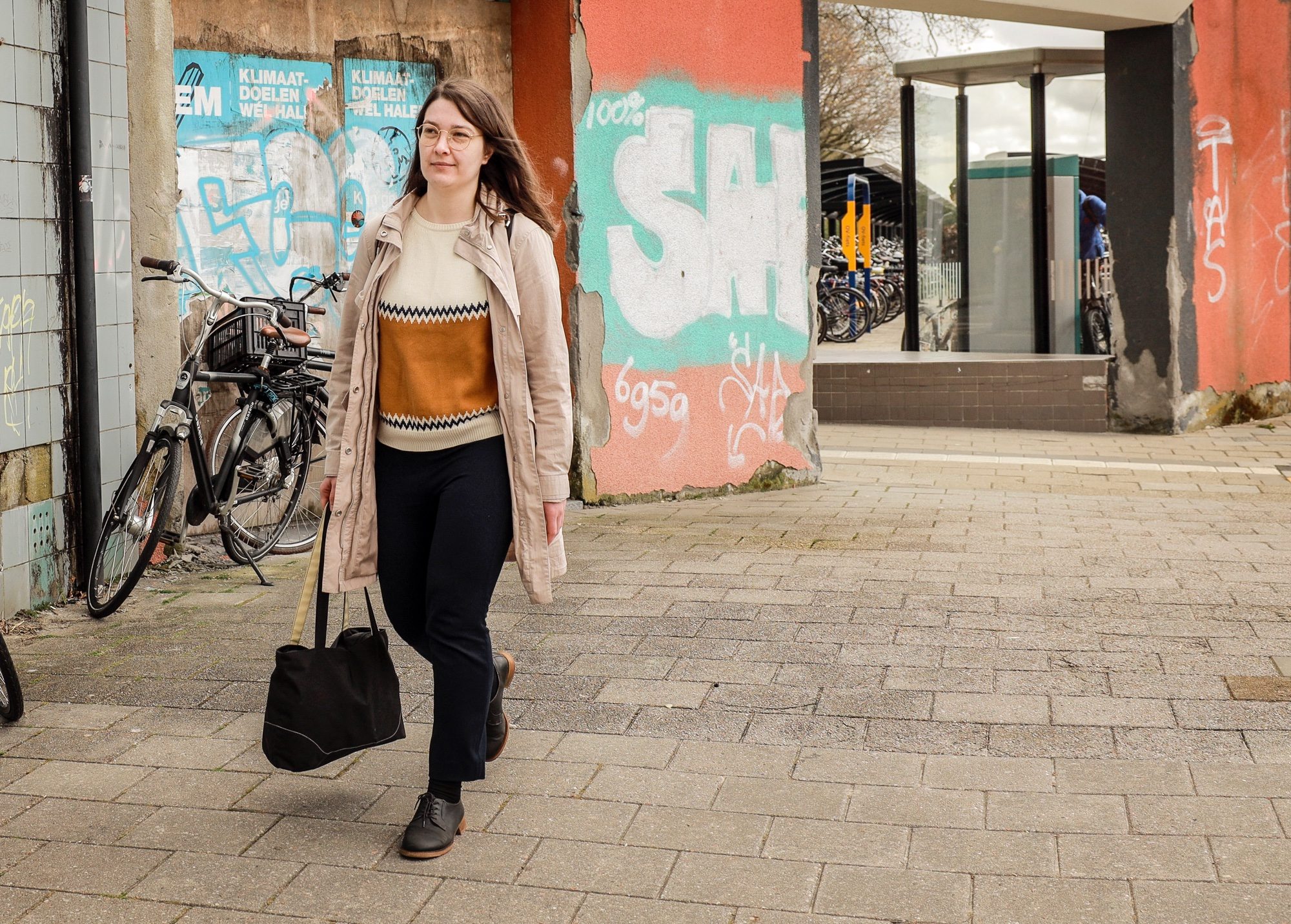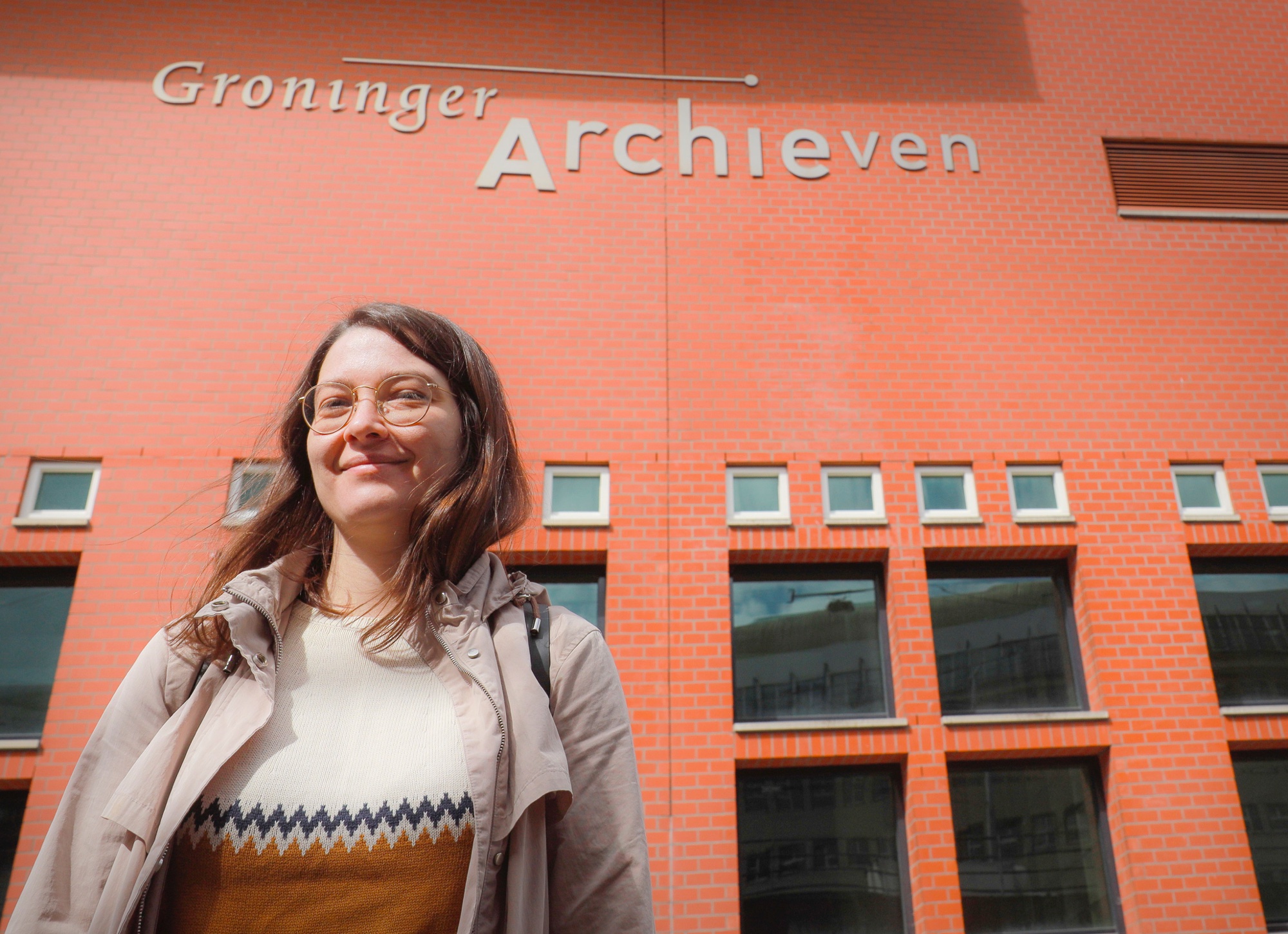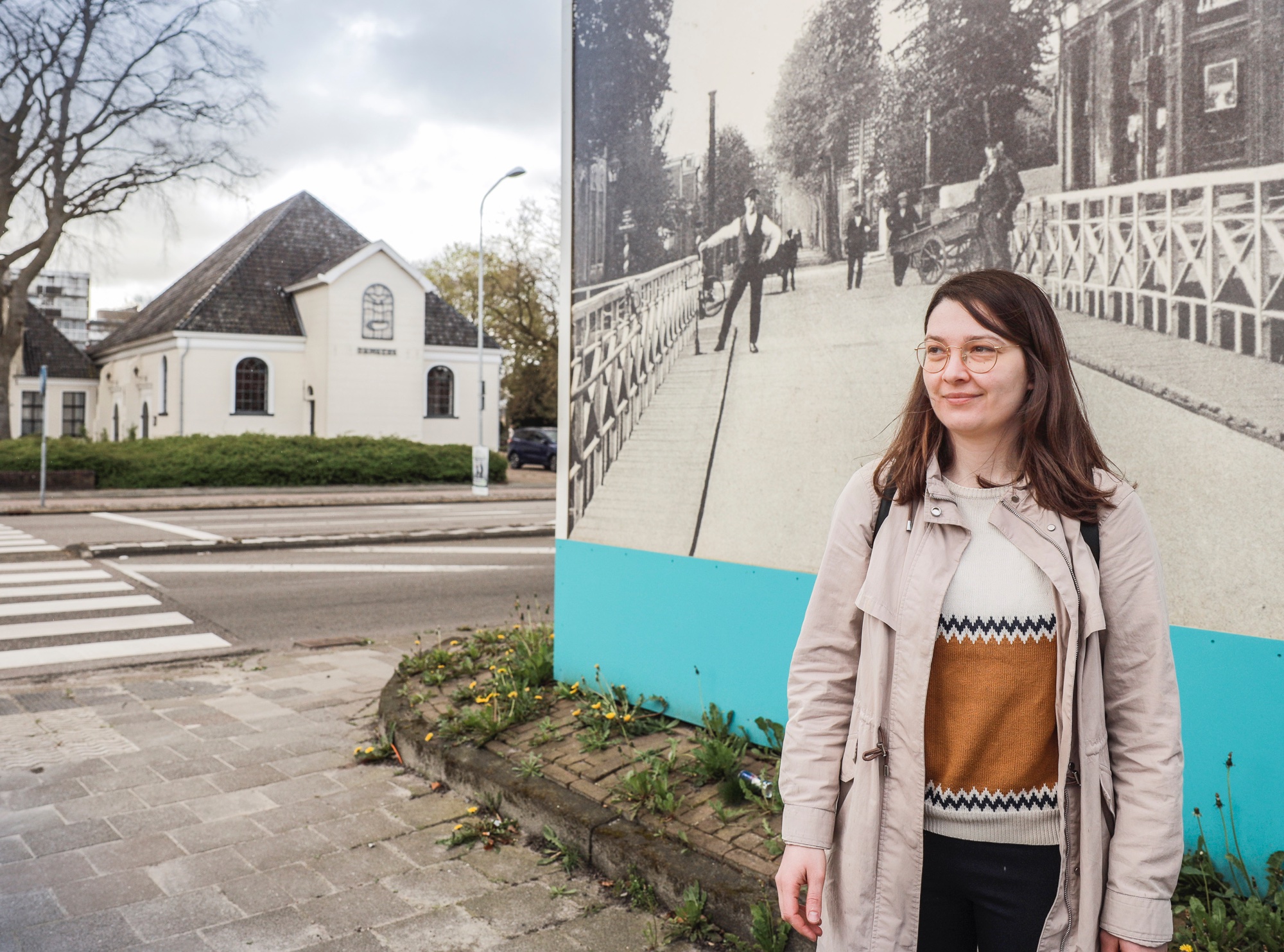Studying depopulation also means studying the history of those who stay
Ever since the 1950s, a silent disaster is slowly but steadily unfolding in Europe, a slow burning crisis called ‘regional depopulation'. People are leaving certain areas in their masses, which can have serious consequences for the quality of life for those who stay. Assistant professor Dr Yuliya Hilevych from the Faculty of Arts researches regional depopulation in the Netherlands, Finland, and Ukraine by placing the phenomenon in a social-historical perspective. She primarily looks into how depopulating regions have coped with people leaving: what makes one community more resilient than the other? ‘My research is also a study into the history of those who stay.’
Text: Theone Joostensz – Photo: Henk Veenstra
Visit the five best ghost towns in Sardinia. Abandoned villages for sale in Spain. Wander around the streets of a Greek ghost town. Those who google ‘ghost towns Europe’ can assemble an entire travel guide in no time. It might appear photogenic, these sunlit scenes with buildings in ruins against the backdrop of a picturesque countryside, but the underlying problems are far from idyllic.
Academics that research the regional depopulation in Southern Europe have been warning others about this slow burning crisis for years. Areas from which people are leaving and where facilities, such as stores, schools, and hospitals are disappearing often struggle with lower prosperity, an ageing population, and the loss of sometimes age-old customs and traditions that were passed down from generation to generation. On top of that, those virtually empty towns and cities are vulnerable to, for example, fires and floods, which could cause these places to be wiped off the map completely.

Dealing with depopulation
‘It’s not just Southern Europe, other parts of our continent have also been dealing with regional depopulation for decades’, says Yuliya Hilevych. ‘We now know a lot about how this works in Southern Europe, thanks to research. If you wish to fully understand the phenomenon, you’ll have to include Western, Northern, and Eastern Europe in the research as well.’
In her research project Coping with decline: Comparative social-historical analysis of depopulation and community welfare in Europe, 1950-2022, for which she received a €1.5 million ERC Starting Grant, Hilevych wants to compare the depopulation areas in the Netherlands, Finland, and Ukraine. ‘Ukraine and Finland are both experiencing a population decline. For Ukraine, it’s on both the national and regional level, whereas Finland’s decline is mostly taking place in the Finnish part of the Karelia province. Both countries are struggling with the decline caused by this depopulation.’
The situation in the Netherlands is quite different: ‘On the one hand, there is a population increase due to the large number of immigrants, while, on the other hand, small cities and villages are experiencing a population decrease, especially in the border regions Groningen, Maastricht/Sittard, and Zeelandic Flanders.’
The fact that the research period starts from 1950 was not an arbitrary decision: ‘Regional depopulation has been happening for decades, which is why we have to start in the 50s with the rise of the welfare state. In some countries and regions, the increase in welfare is happening simultaneously with a decrease in the population and the number of facilities. As a historian, these conflicting developments are fascinating to me. I want to understand what happens and how the people who stay behind deal with this depopulation. It’s generally assumed that these people are less prosperous and thus have fewer options. But is this true? My research is also a study into the history of those who stay.’

Resilience of regions
Hilevych and her team will research regional depopulation at the macro, micro, and meso level. ‘At the macro level, we will examine statistical data regarding the number of people, the demographics of the population, and the available health-related facilities, such as the number of GPs, hospitals, ambulances, institutions for elderly care, etc. We are trying to make connections and to compare regions to one another.’
The researchers will also be zooming in further on the people living in depopulation regions to be able to use primary sources, such as oral histories. Two PhD's will be researching Finland and the Netherlands, respectively, while the Ukrainian Hilevych will concern herself with the primary sources from her native country.
‘The unique aspect of this research project is that we approach the issue on a meso level as well’, says Hilevych. ‘This means that we look at organizations that promote the wellbeing of people, such as charities, churches, sports clubs, community centres. What role do these organizations play in the resilience of depopulation regions? By gaining insight into this question, we can better understand what smaller communities need to endure. I am no policy maker, but I hope that the results of this research will be of major importance to future policies.’

Discovering the mechanism
With her research into regional depopulation, Hilevych hopes to discover the mechanism that drives slow burning crises in general. ‘A slow burning crisis is something that has been happening for a long time and has been slowly and invisibly developing until it reaches a tipping point and suddenly becomes a problem. I hope to discover what that tipping point is; when the government or population regards it as a crisis, as something we can no longer deal with. If we understand this mechanism, we can also apply this knowledge to other slowly developing crises, such as climate change. The fact of the matter is that we have to learn to live with these sorts of crises.’
More news
-
19 January 2026
Digitization can leave disadvantaged citizens in the lurch
-
13 January 2026
Doing good in complex situations
